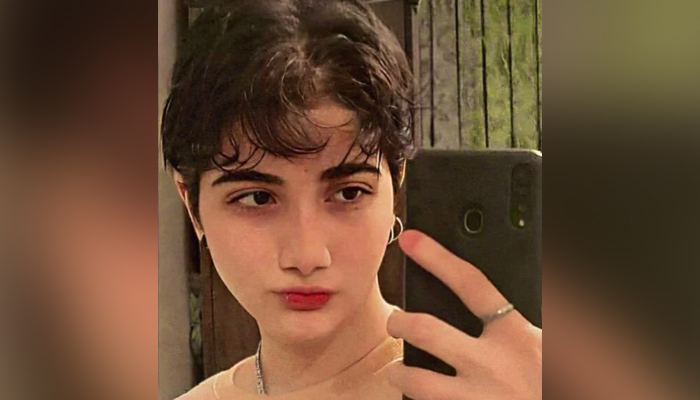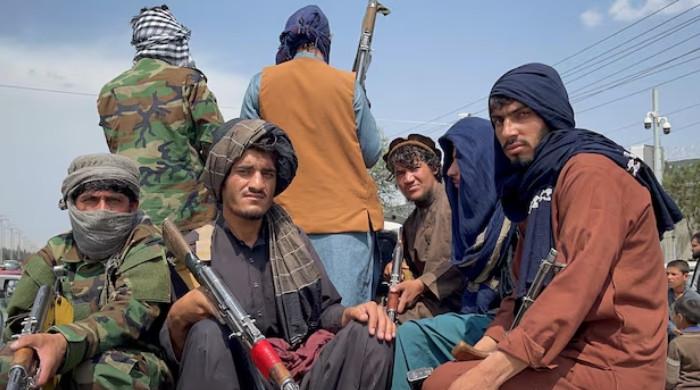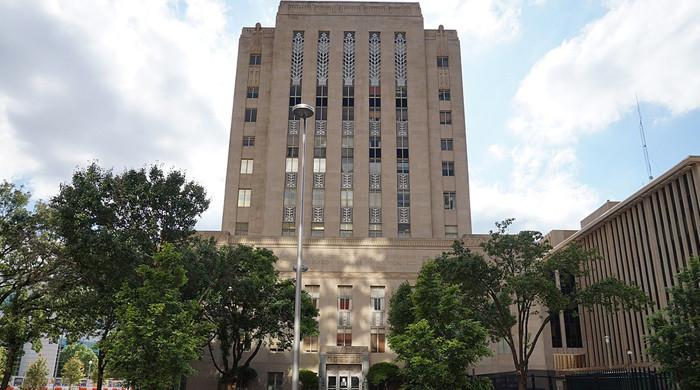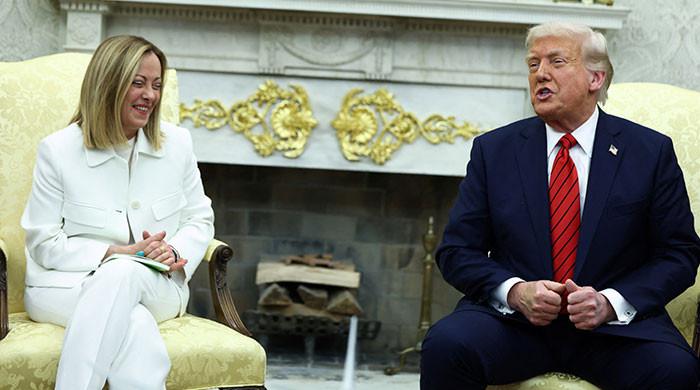Iran teen dies month after Tehran metro incident
17-year-old Armita Garawand was declared "brain dead" a week ago
October 28, 2023

- 17-year-old Armita Garawand was declared "brain dead" a week ago.
- She had been hospitalised at Fajr Hospital in Tehran since October 1.
- The circumstances of the incident have been disputed.
An Iranian high school student died on Saturday, nearly a month after falling into a coma in disputed circumstances on the Tehran metro, media in the Islamic Republic said.
"Armita Garawand, a student in Tehran, died an hour ago after intensive medical treatment and 28 days of hospitalisation in intensive care," reported the Borna news agency affiliated with the youth ministry.
The 17-year-old ethnic Kurd, who was declared "brain dead" a week ago, had been hospitalised at Fajr Hospital in Tehran since October 1 after she fell unconscious on the metro.
The circumstances of the incident have been disputed, with metro surveillance footage, which had been broadcast on state television, showing the unveiled teenager being evacuated after fainting in a carriage.
It came just over a year after the death of Mahsa Amini, also a young Iranian Kurd, following her arrest by morality police for allegedly breaching Iran’s strict dress code for women, in an incident that sparked mass protests across the Islamic republic.

During the months-long demonstrations, several hundred people were killed, including dozens of security forces, and thousands were arrested.
Seven men were also hanged over their links with the "riots".
Since last year's mass protests, women have been increasingly flouting the dress code, which requires head coverings and modest clothes.
But authorities have also sought to sharpen penalties on those seen to be violating the code, which has been in place since 1983, following Iran's 1979 Islamic revolution.
Conflicting reports
Garawand’s case was first reported on October 3 by Kurdish-focused rights group Hengaw, which said she had been critically wounded during an incident on the underground train network.
Authorities say she suffered a sudden drop in blood pressure and denied that any "physical or verbal altercations" had taken place between her and other passengers.
But rights groups have said the teen was critically wounded during an alleged assault by female members of Iran’s morality police.
On Saturday, Iran’s Tasnim news agency quoted doctors as saying that Garawand had "suffered a fall resulting in brain damage followed by continued convulsions, a decline in brain oxygen, and a cerebral-oedema after a sudden drop in blood pressure".
The reformist daily Ham Mihan called on the authorities to "allow independent media to investigate" the incident in order to persuade the public.
MP Ahmad Alirezabeigi on Wednesday described the incident as "important" and called on the legislature to "question the minister of interior" over the events.
On October 8, Interior Minister Ahmad Vahidi said the authorities had investigated the incident and that the "situation was completely clear".
"The enemies do not want the country to be calm and they always try to make every incident a controversy," he charged.
Iran has stepped up measures over the past few months against women and businesses who breach the hijab rules.
In September, lawmakers voted in favour of toughening the penalties, which include jail sentences of up to 10 years for women who violate the dress code.











